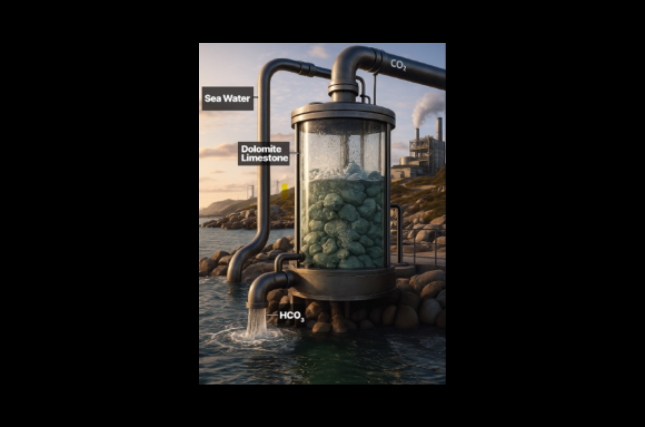
AUGUST 14 — The profound healthcare implications of Israel’s Judicial Overhaul are addressed in a new article published in the prestigious journal Lancet by a group of prominent healthcare policy experts in Israel and the U.S. including the Hebrew University of Jerusalem (HU).
On July 24, Israel’s Parliament approved an amendment to Basic Law: The Judiciary, disallowing court scrutiny of the reasonableness of ministerial decisions. This change is seen by many as an attempt to curb judicial supervision over political decisions. In the article, the group states that the risk of political interests superseding public health isn’t confined to Israel alone; it sets a precedent that may echo in countries with weaker legal systems.
“In a world where science is often overshadowed by politics, it is our duty to be the voice of reason, demanding evidence-based policies that prioritize public health and welfare,” says Aron Troen, Director of the Nutrition and Brain Health Laboratory and Professor in the School of Nutrition Science and the School of Public Health at the Hebrew University’s Robert H. Smith Faculty of Agriculture, Food, and Environment, “Our data speak for those who need it the most, urging us to bridge the gap between research and action.”
The authors paint a vivid picture of how judicial review has historically safeguarded public health. They recount the Israel Finance Minister’s decision in 2018, when, regardless of healthcare considerations, the government chose not to raise taxes on loose tobacco. Public health advocates took to the courts, highlighting the potential dangers of such a decision on public health. The Supreme Court’s intervention forced a reevaluation, emphasizing that policies, even seemingly unrelated ones, must consider their effects on public health.
A more recent example involves sugary beverages. Israel’s high sugar consumption rates contribute to escalating health issues. In 2022, a new beverage tax, aligned with global practices and generating 890 million NIS in revenue, effectively curtailed sugary drink purchases. However, yielding to powerful industry pressures, the government abruptly revoked the tax in 2023 without due process or expert consultation. This decision, bereft of consideration for evidence-backed health concerns, underscores the need for a supreme court petition to champion public health interests over political and vested interests.
As public health advocates, the article’s co-authors also express their apprehension about the significant threat this amendment poses to public health and the Health in All Policies (HiAP) principle. Adopted globally and shaped by various health declarations, HiAP advocates for incorporating health implications in decision-making across sectors. This approach recognizes that health determinants extend beyond the health sector and emphasizes collaboration for better health outcomes. The co-authors stress the pivotal role of health in governance and societal well-being and the potential to weaken the HiAP principle.
The story transcends national borders, as the authors highlight the potential global implications of this amendment. The erosion of the HiAP principle could have far-reaching consequences, compromising health considerations in policy-making.
The article serves as a rallying cry for the prioritization of public health in all government decisions. It urges readers to engage in thoughtful dialogue about the delicate balance between policy, judicial oversight, and the well-being of a nation.
For more information about the study, please refer to the article: “Israel’s Judicial Overhaul: A Threat to the Health in All Policies Approach” published at Lancet https://doi.org/10.1016/S0140-6736(23)01663-X.





